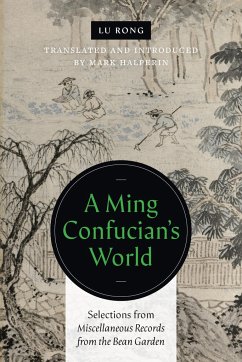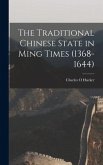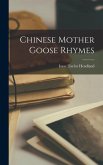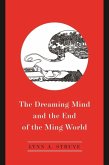"The Ming dynasty (1368-1644) was the world's largest, most populous empire of its time, and the fifteenth century marked a time of social stability. On the eve of the sixteenth-century economic transformation and the age of exploration that was to propel China into the modern world, the scholar-official Lu Rong (1436-94) recorded his observations of contemporary society in Miscellaneous Records from the Bean Garden (Shuyuan zaji). Among the topics addressed by this volume in the "informal notes" (biji) genre are political scandals and intrigues, farming and manufacturing techniques, religious cults, elite manners, crime stories, bureaucratic procedures, family troubles, medical practices, and ethnicity. Within its genre, Bean Garden is unusual in its author's willingness to express admiration, frustration, and outrage toward his subjects. Mark Halperin has selected about a quarter of the pieces from the original work, arranging them in topical categories that provide a richly textured first-hand observation of late imperial China. This collection of snapshots of Ming life is designed for course use with undergraduates"--








